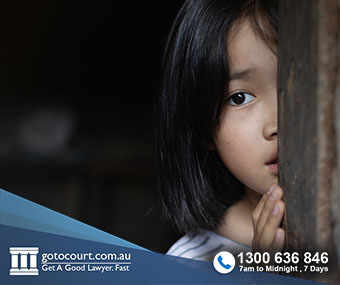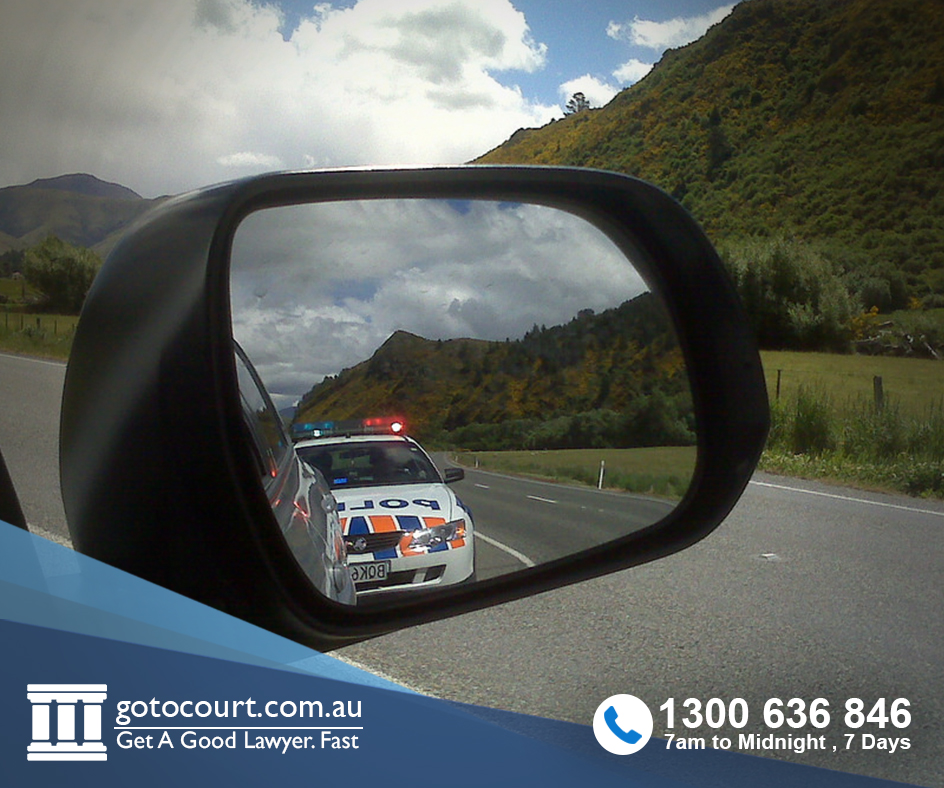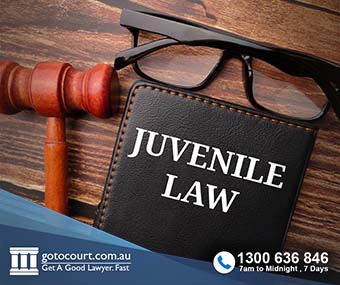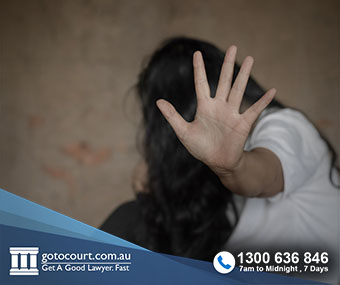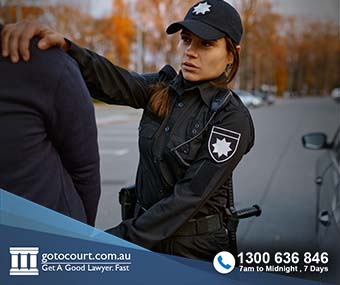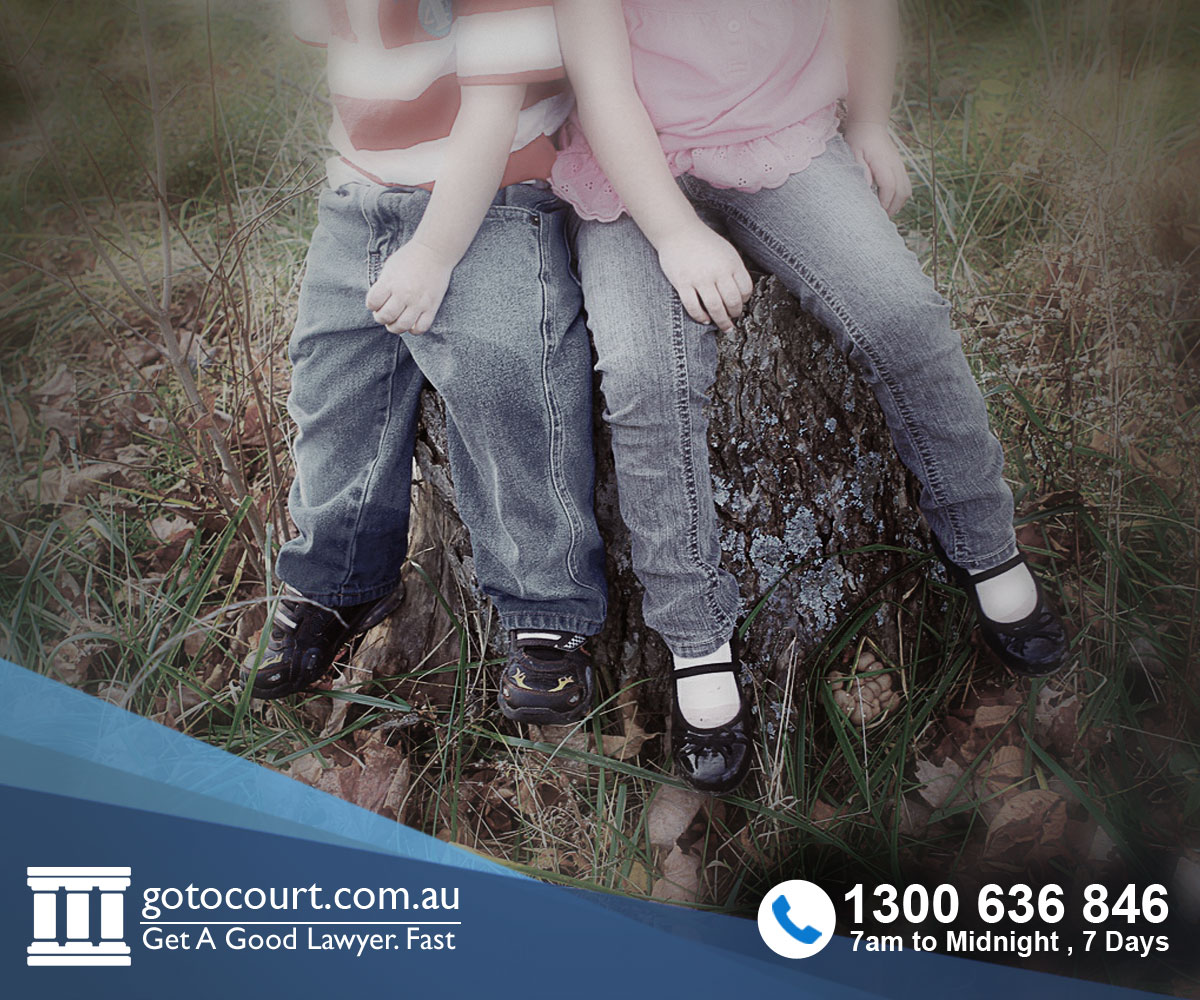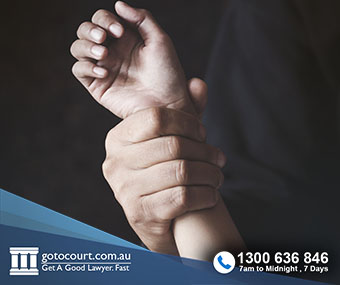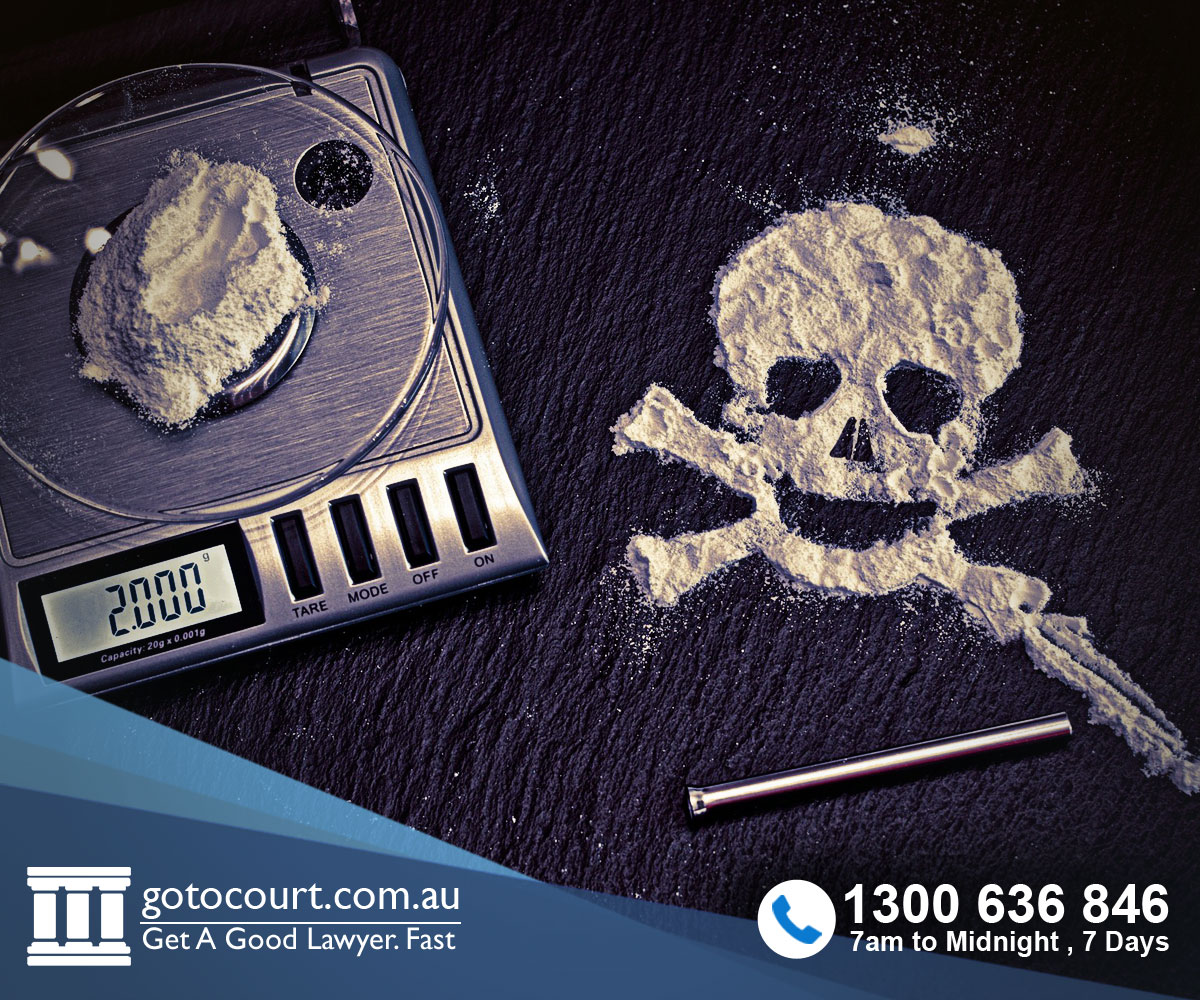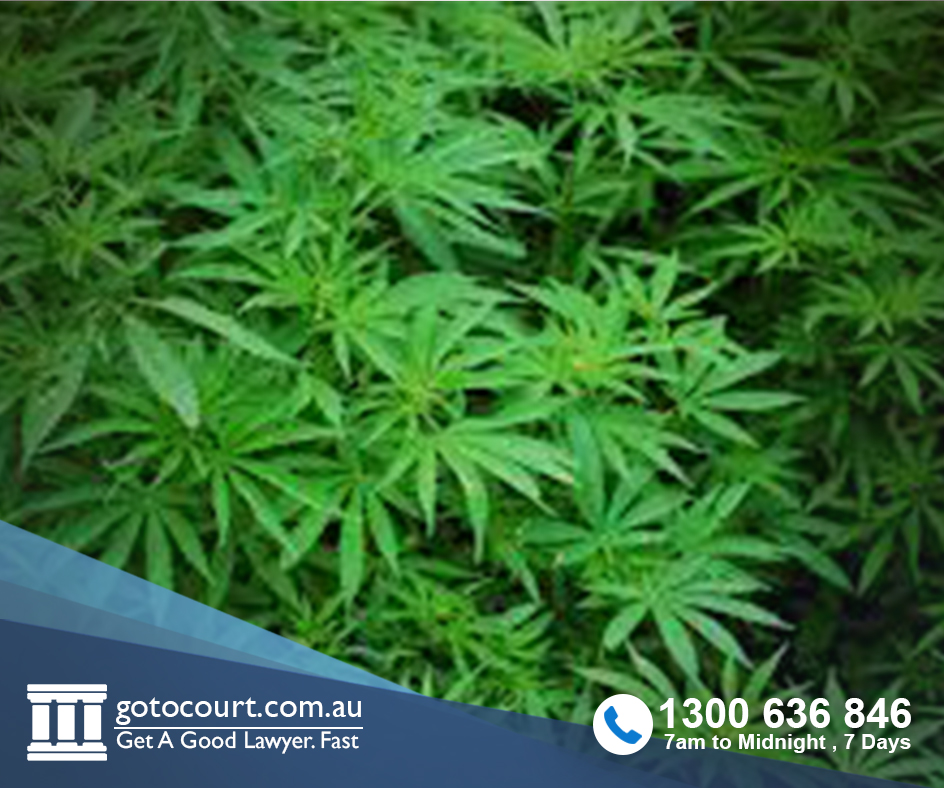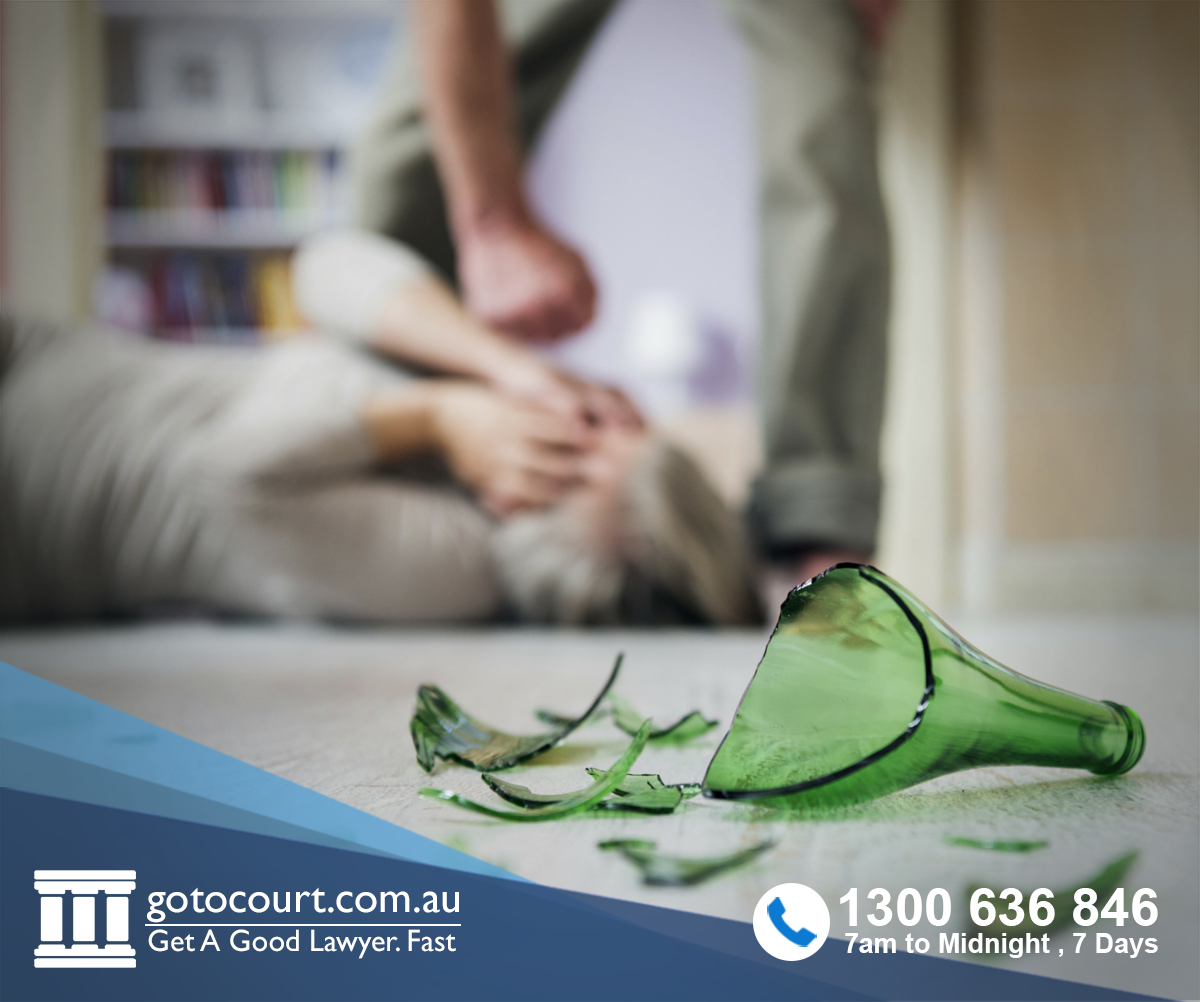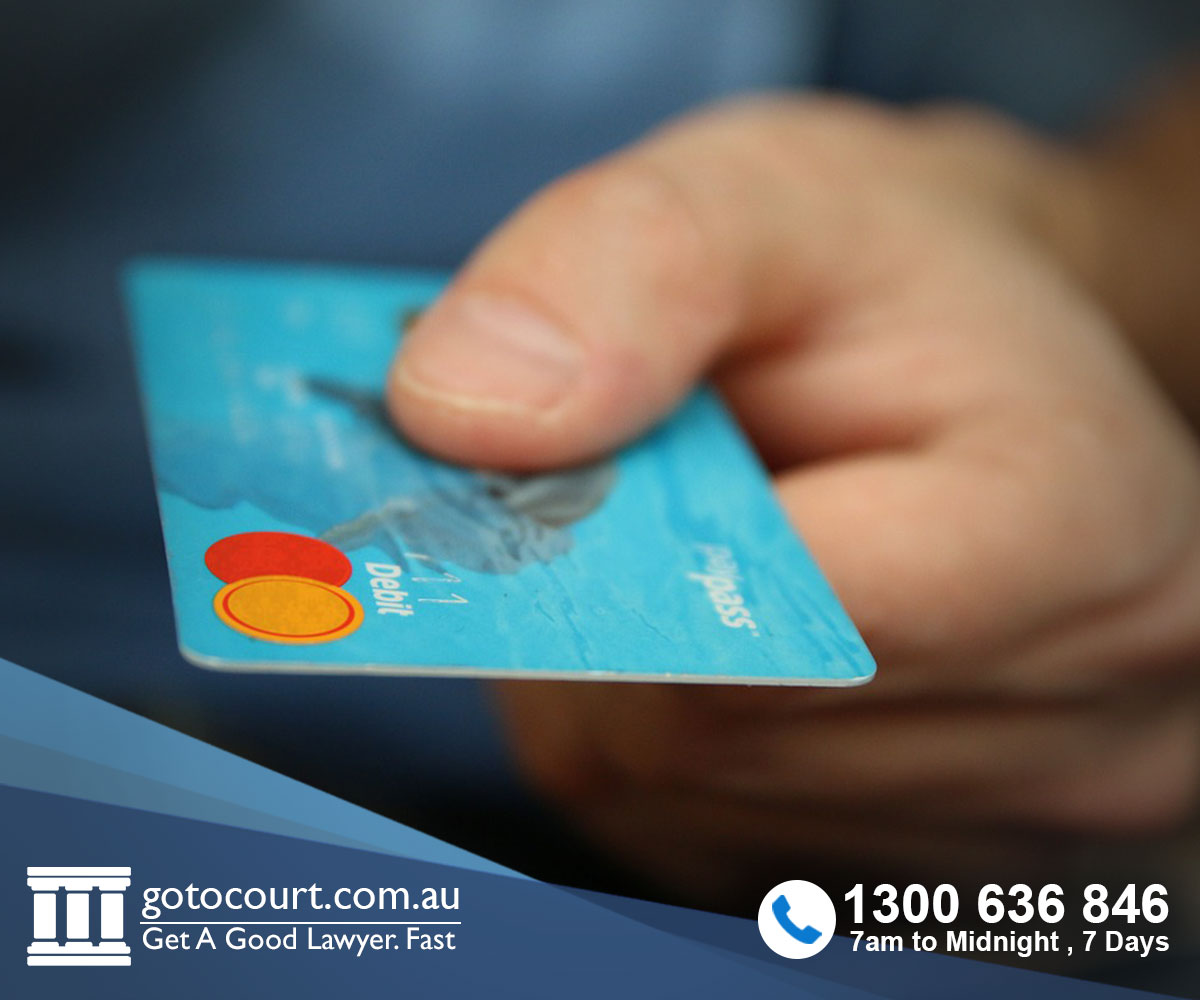Choking, Suffocation and Strangulation in Domestic Settings (Qld)
Choking, Suffocation and Strangulation in Domestic Settings (Qld)
In 2016, the Queensland legislature made choking, suffocation, or strangulation in a domestic setting a stand-alone offence. This legislative amendment followed the recommendation of the Special Taskforce on Domestic and Family Violence in Queensland in the Not Now, Not Ever: Putting an End to Domestic and Family Violence in Queensland Report. This article explains the defences and potential penalties for the offence of choking, suffocation, or strangulation in Queensland.
Defining Choking, Suffocation and Strangulation
The terms “choking”, “suffocation,” and “strangulation” may seem interchangeable, but each word has a distinct legal meaning. Still, these terms are not defined in the Queensland Criminal Code, and there are few Court of Appeal decisions to provide common law guidance. In R v HBZ [2020], the court did define “choking” as hindering, restricting, or stopping the breathing of a victim. It is clear that there must be some detrimental effect on the breathing of the victim to prove the act of choking, whereas even a momentary touch to the neck might be construed as strangulation. For example, the District Court in Southport recently convicted an offender on two counts of strangulation, for assaults that lasted three and six seconds, respectively. A victim does not need to prove lasting injury or complete stoppage of their breathing, as the intention of the law is to deter the conduct entirely.
Significance of the Domestic Setting
The updated law targets offenders in relevant domestic relationships, including those in intimate personal relationships, family relationships, or informal care relationships. Additionally, it applies to a relative or associate of the aggrieved, a child of an aggrieved, and a child who normally resides with the aggrieved. The offences targeted by the amendment were already unlawful under the Criminal Code 1899. However, the amendment was designed to specifically target this type of behaviour in domestic settings because this conduct is often evidence of an escalation in domestic violence. Indeed, the Special Taskforce found that strangulation is a key predictor of domestic homicide.
Establishing the Elements of the Crime
A prosecutor must establish certain elements of any crime to prosecute an offender in court. In order to charge someone with a choking, suffocation or strangulation offence under the new amendment, the prosecution must establish beyond a reasonable doubt that the accused:
- Choked, suffocated, or strangled another person;
- This act was committed without the victim’s consent;
- The accused and victim were in a domestic relationship or the act was otherwise associated with domestic violence as described in the Domestic and Family Violence Protection Act 2012; and
- There are no lawful defences or excuses for the offence.
The elements of the offence are clearly intended to exclude erotic asphyxiation (also called asphyxiophilia, hypoxyphilia, or breath control play) through the requirement that the act is committed without the victim’s consent. A more difficult question arises if the act was initially consensual but became non-consensual at a given point in the act.
Defences to Choking Charges
There are lawful defences when someone is charged with choking, suffocation, or strangulation. For instance, self-defence is a justification if the response is proportionate to the danger. A solicitor can advise a defendant on possible defence strategies in the individual circumstances. It is important to note, however, that an offender charged with this particular offence cannot raise provocation as a defence. This is particularly significant in Queensland, where provocation is a full defence to assault and a partial defence to a murder charge under sections 268 and 269 of the Criminal Code Act 1899.
Penalties for Choking Offences
Whether the accused pleads guilty or not guilty, a strangulation offence is finalised in the District Court. A person convicted of this offence faces a maximum penalty of seven years imprisonment. However, there is no mandatory punishment for the offence in Queensland. This means that the Court has wide discretion to decide the type of penalty considering aggravating and mitigating factors.
There is little doubt that Queensland courts take this offence very seriously. Because strangulation is a violent offence, imprisonment is not the last resort, even for first offenders. In fact, the Queensland Sentencing Advisory Council found that between 2016 and 2018, over 97% of offenders convicted of strangulation received a term of imprisonment. Of those offenders, 79% were given a custodial sentence instead of a suspended sentence.
There are clear benefits to engaging a solicitor if you are charged with a strangulation offence. Our solicitors can provide a perspective on the strength of the prosecution’s case and your prospects of successfully fighting the charge. Additionally, one of our criminal law experts can negotiate with the prosecution and represent your interests persuasively in court. The Criminal law specialists at Go To Court Lawyers have the experience to deal with choking, suffocation and strangulation offences. Contact us for more information on how the team can help.

Affordable Lawyers
Our Go To Court Lawyers will assist you in all areas of law. We specialise in providing legal advice urgently – at the time when you need it most. If you need a lawyer right now, today, we can help you – no matter where you are in Australia.How It Works




1. You speak directly to a lawyer
When you call the Go To Court Legal Hotline, you will be connected directly to a lawyer, every time.

2. Get your legal situation assessed
We determine the best way forward in your legal matter, free of charge. If you want to go ahead and book a face-to-face appointment, we will connect you with a specialist in your local area.

3. We arrange everything as needed
If you want to go ahead and book a fact-to-face appointment, we will connect you with a specialist in your local area no matter where you are and even at very short notice.


